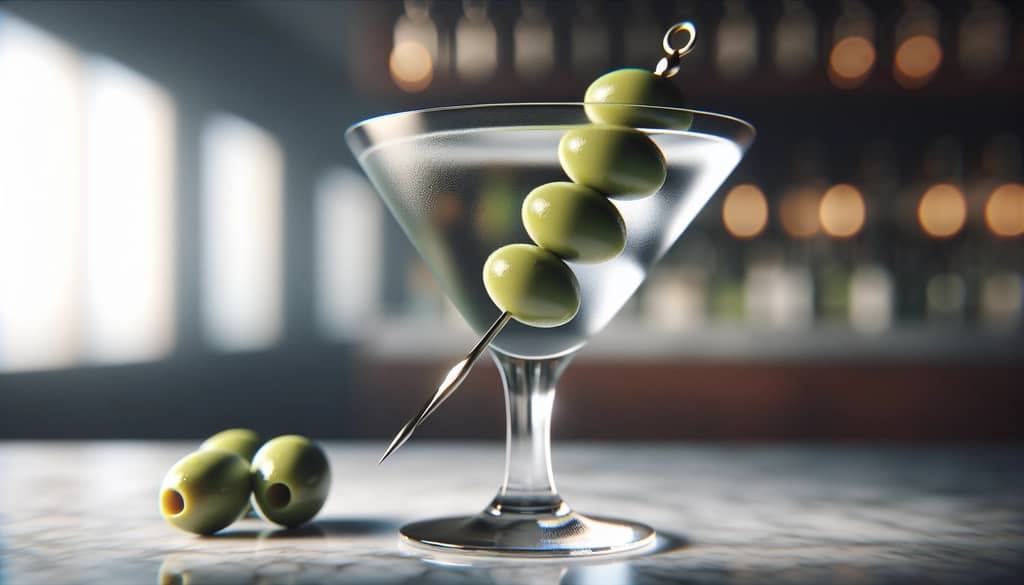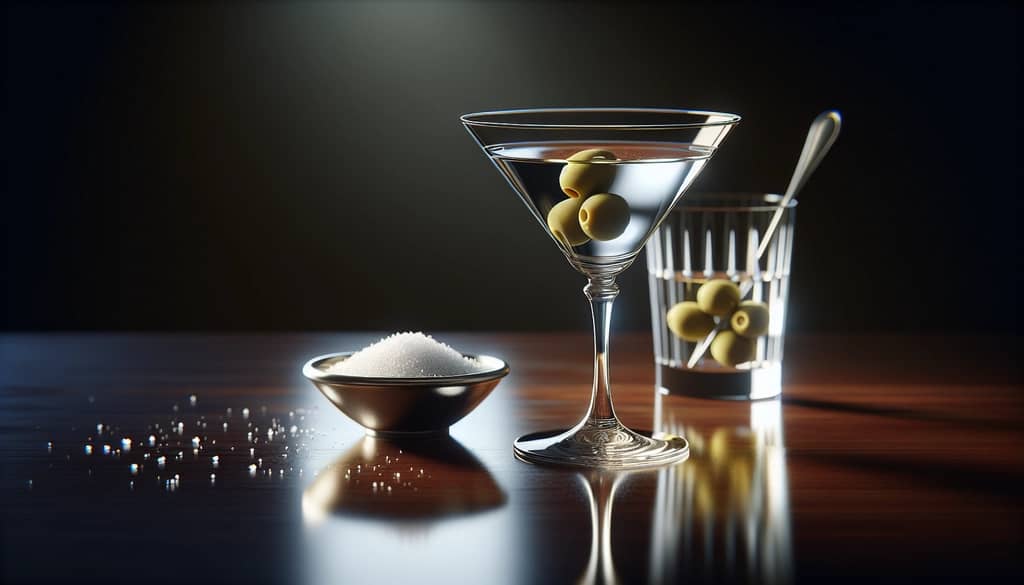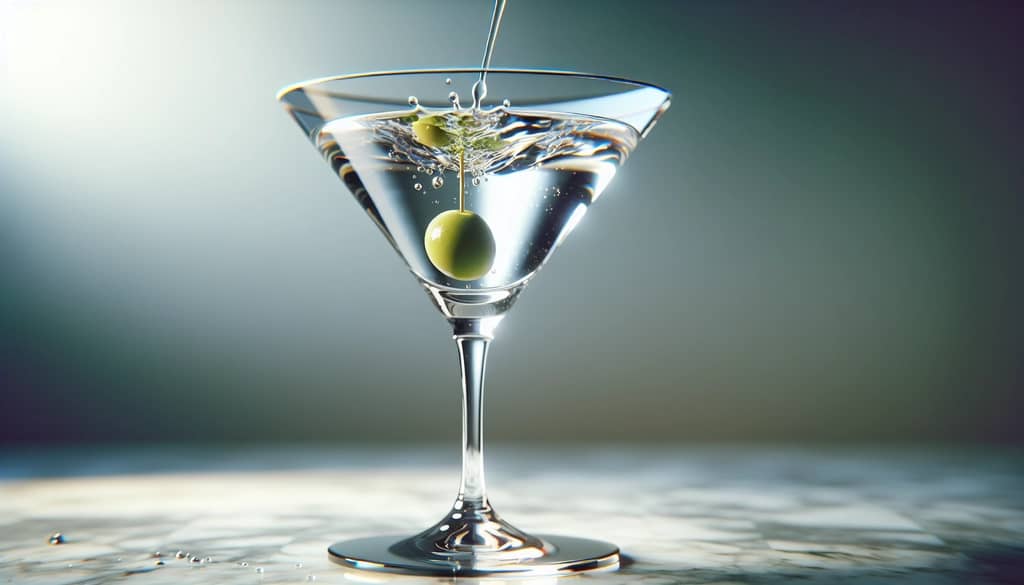Updated on: 6/3/2025
Do Olives Add Any Nutritional Value to Cocktails?

Olives are a popular garnish in classic cocktails like the Martini and Dirty Martini, known for their savory flavor and visual appeal. But beyond their role as a cocktail staple, many drinkers wonder whether olives contribute any meaningful nutritional value to a drink.
Nutritional Profile of Olives
A standard olive (green or black) is naturally low in calories, typically providing between 4–6 kilocalories per piece. Beyond calories, olives offer a mix of healthy mono-unsaturated fats, small amounts of vitamins E and A, and a range of antioxidants—nutrients associated with cardiovascular and cellular health.
- Healthy fats: Mostly oleic acid, a heart-friendly fat.
- Vitamin E: Present in small amounts, known for supporting skin and immune function.
- Antioxidants: Polyphenols and flavonoids, linked to anti-inflammatory effects.
- Sodium: Present in brined olives, can add to overall salt consumption.
How Much Nutrition Do You Actually Get?
The small quantity of olives typically used—one to three per cocktail—means their overall nutritional contribution is modest. For example, three average green olives add about 15 kilocalories, less than 1 gram of fat, and minor amounts of vitamins and minerals. These levels are not significant when considering the daily recommended intake for most nutrients.
- Calories: 12–18 kcal (for 3 olives)
- Total fat: 1–1.5 g (mostly monounsaturated)
- Vitamin E: < 0.2 mg
- Sodium: 120–180 mg (primarily from brining)
For comparison, the alcohol and mixers in cocktails will contribute far more calories and sugars than any amount of garnish.
Do Olives Make Cocktails Healthier?
Though olives bring some healthy fats and antioxidants, their impact on the cocktail’s nutritional value is minimal due to serving size. More noticeably, they introduce extra sodium, which could matter for those watching their salt intake. If you eat the olives after your drink, you do receive these small nutrients, but not enough to significantly benefit a typical diet.

Flavor and Ritual Over Nutrition
Olives add briny savoriness and a pleasant textural contrast, making them valuable more for flavor balance and cocktail tradition than nutritional impact. Asking for extra olives (a "dirty" or "filthy" Martini) will give marginally more nutrients, but the point remains: their value in cocktails is mostly sensory, not dietary.
